Black players are rare enough in 19th century football for the discovery of another one to be worth noting. Recently I was reading the jubilee history of the Hampshire FA, published in 1937, and was surprised to see in a team photo from 1893 that one of the players stood out because of his colour: V Ledger of Bournemouth Wanderers.
His father Joseph was an archetypal showman who went by the stage name Delmonico. Originally from Philadelphia, or perhaps Delaware, he told so many amazing stories about his life that fact is hard to separate from fiction. Talking to incredulous journalists, as well as describing his dangerous exploits in the circus he claimed to have been wounded in the American Civil War and to have been awarded the Légion d'Honneur in the Franco-Prussian War. Rather than repeat what has been written elsewhere about him, I suggest reading this blog by Phil Martin which gives a flavour of the enigma.
Victor's mother Anna, born in Poznan in what was then Prussia, was daughter of a showman herself and after meeting the lion tamer on tour in Leipzig they apparently eloped to England where they married in 1866.
After a spell in England, during which he performed at the Crystal Palace and toured the country, they departed for the continent and their son Victor was born in Vienna in 1873. Then they spent some time in Paris where Delmonico performed at the Folies-Bergère and other venues, which gave rise to some magnificent posters, three of which have survived in the French national library, along with a short biographical sketch.
From small beginnings the side known locally as the 'Wonders' grew in stature and was moderately successful in local competitions. With Victor in the team they won the Hampshire Minor Cup in 1892 and were finalists in the Hampshire Junior Cup the following year.
The following summer, he was back with Wanderers, who entered the newly created Dorset and District League in 1898/99, winning the title that season and again in 1905. From 1903 they also competed in the Hampshire League as it was possible to play in both counties because of their geographical position.
Meanwhile, Victor was good enough to play for his county, picked twice for Hampshire Juniors in 1893, and finally he earned a full county cap for Hampshire against Dorset in February 1900. He also played for a Bournemouth and District select in 1899 in a glamour friendly against Southampton, then Southern League champions.
After hanging up his boots in 1908, he remained on the Wanderers committee until the club closed down on the outbreak of WW1. They did not reappear after the conflict.
Given his unusual background and his colour, it may have been difficult for Victor to fit into the football scene and Bournemouth life in general, but there is little evidence of any overt racism in newspaper reports. I have found just one passing reference to 'that dark young gentleman'.
A few days later, he had more serious issues to contend with when his father died suddenly. According to newspaper reports, 'Joseph Ledger, aged 57 years, a coloured gentleman, was for many years engaged as a lion tamer … but latterly he had been employed as a traveller in a commercial business, and for the past few weeks had been staying with his son at 170 Malmesbury Park Road.'
Victor gave evidence to the inquest that at 2am he found his father had fallen out of bed and struck his head on the dressing table; he died a few hours later of a cerebral haemorrhage. For the man known as Delmonico, who had dallied with wild animals and (if his stories are to be believed) fought in several wars, it was a sorry way to go.
The exotic adventures of Joseph Ledger were in stark contrast to his son who never experienced the glare of publicity apart from a few football match reports. Victor spent his life working for Bournemouth Corporation as a house painter and lamplighter, and died in the town in 1943, aged 69. He left a wife called Emily, one son and seven daughters.
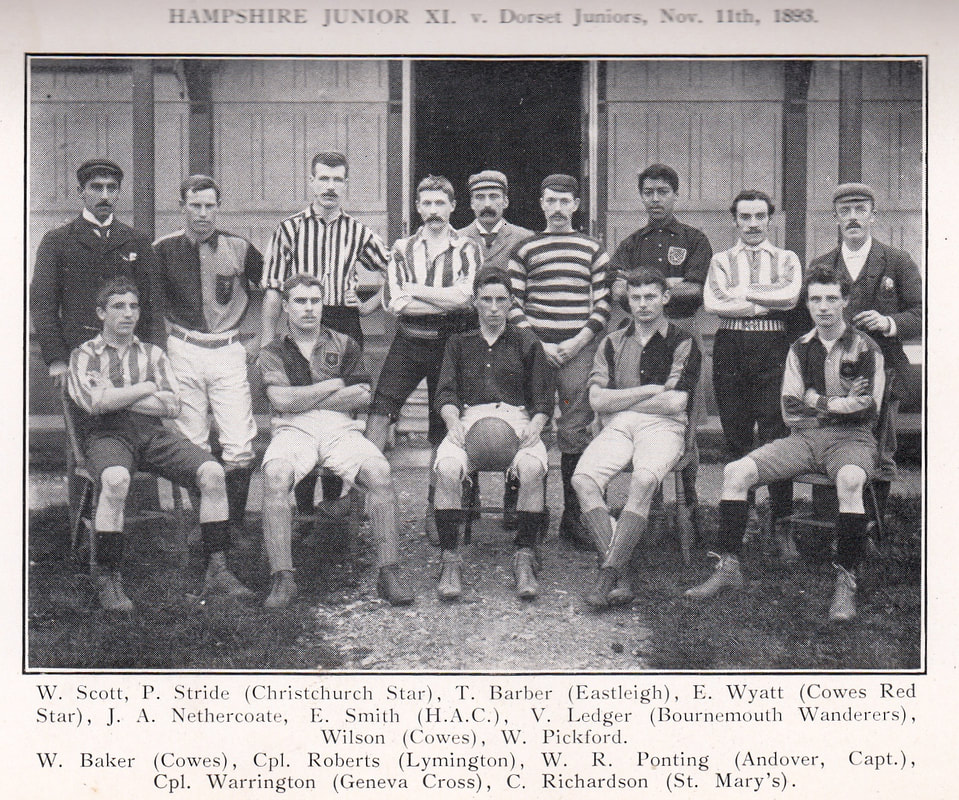
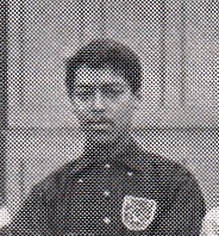
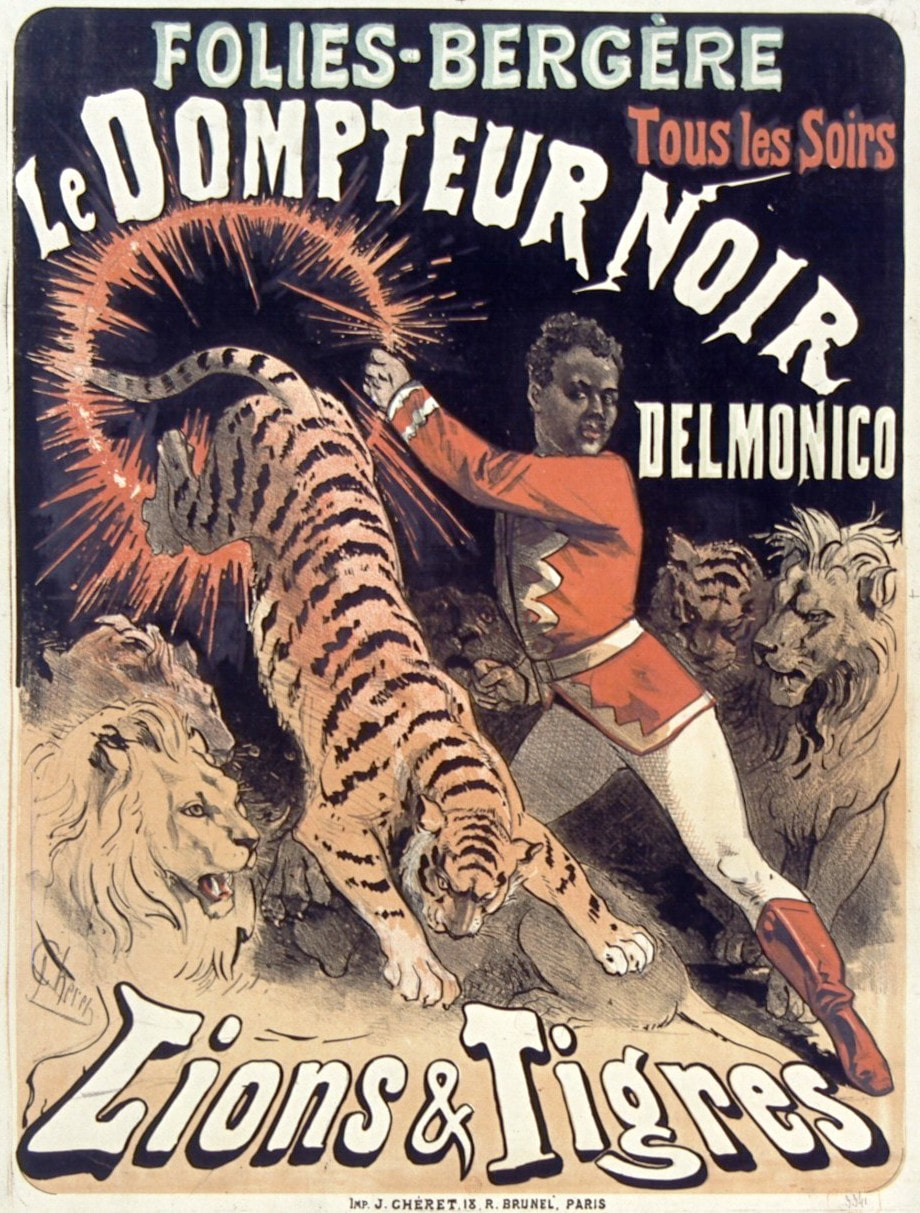
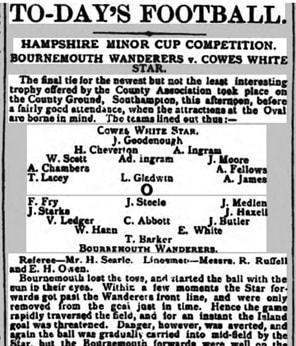

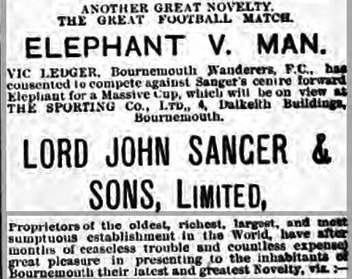
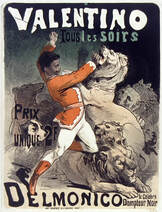
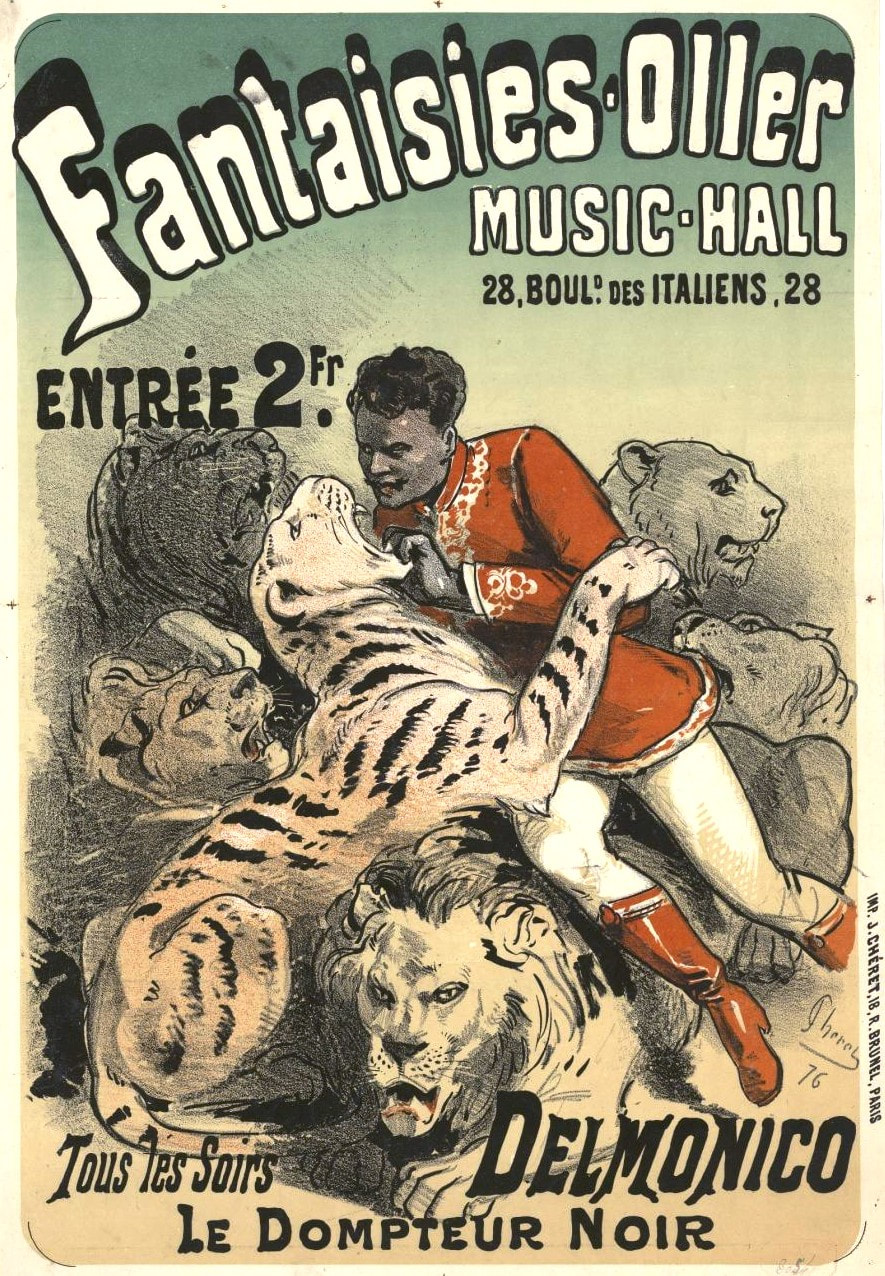
 RSS Feed
RSS Feed